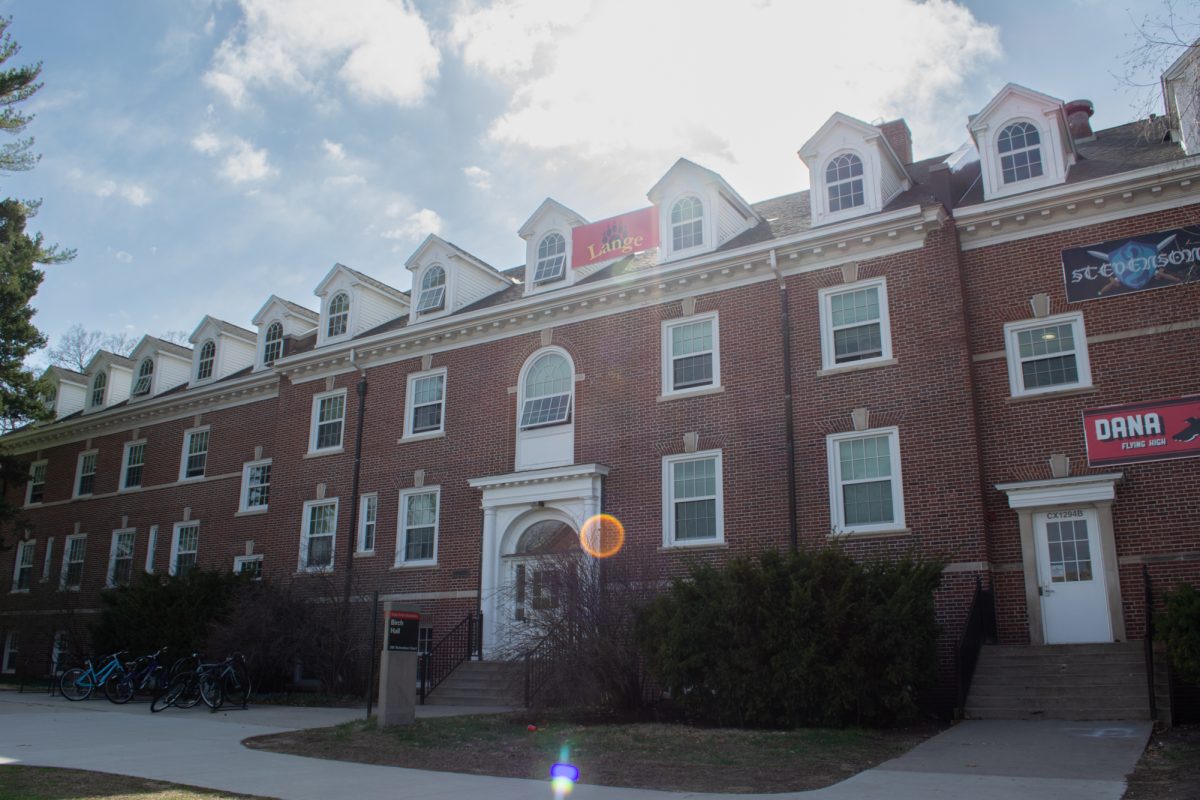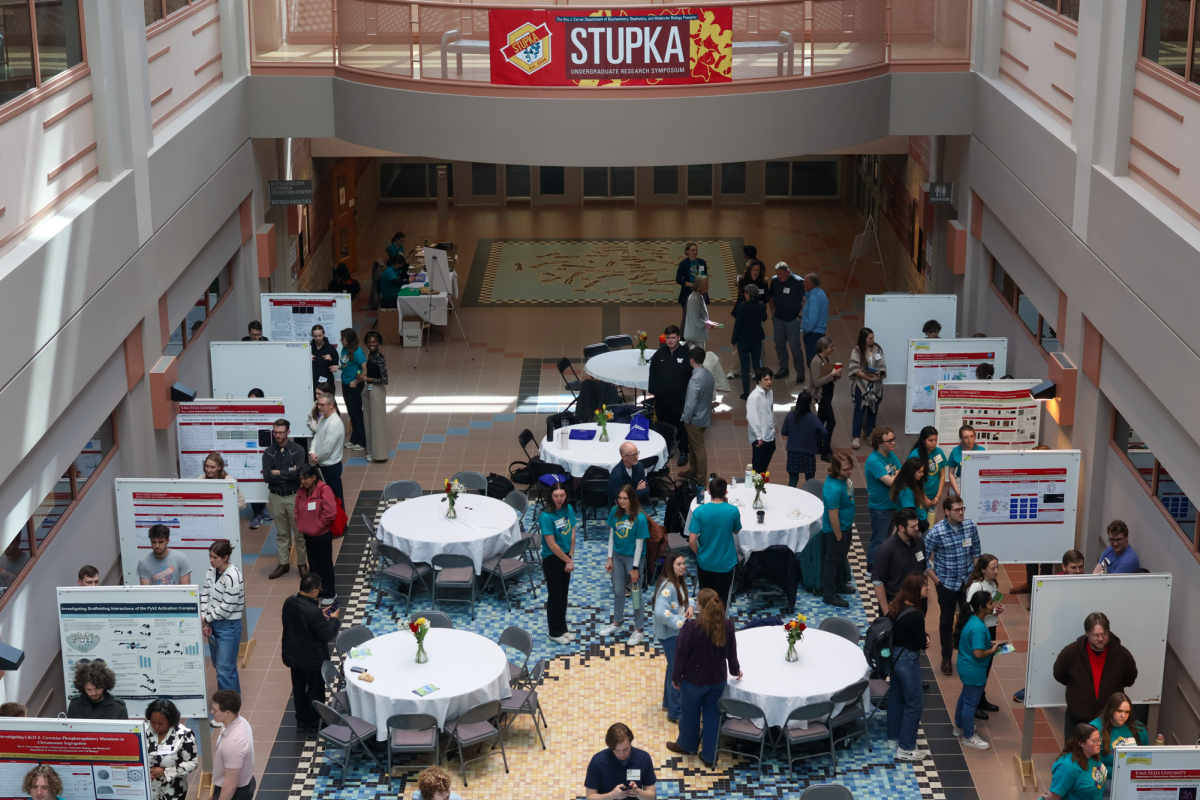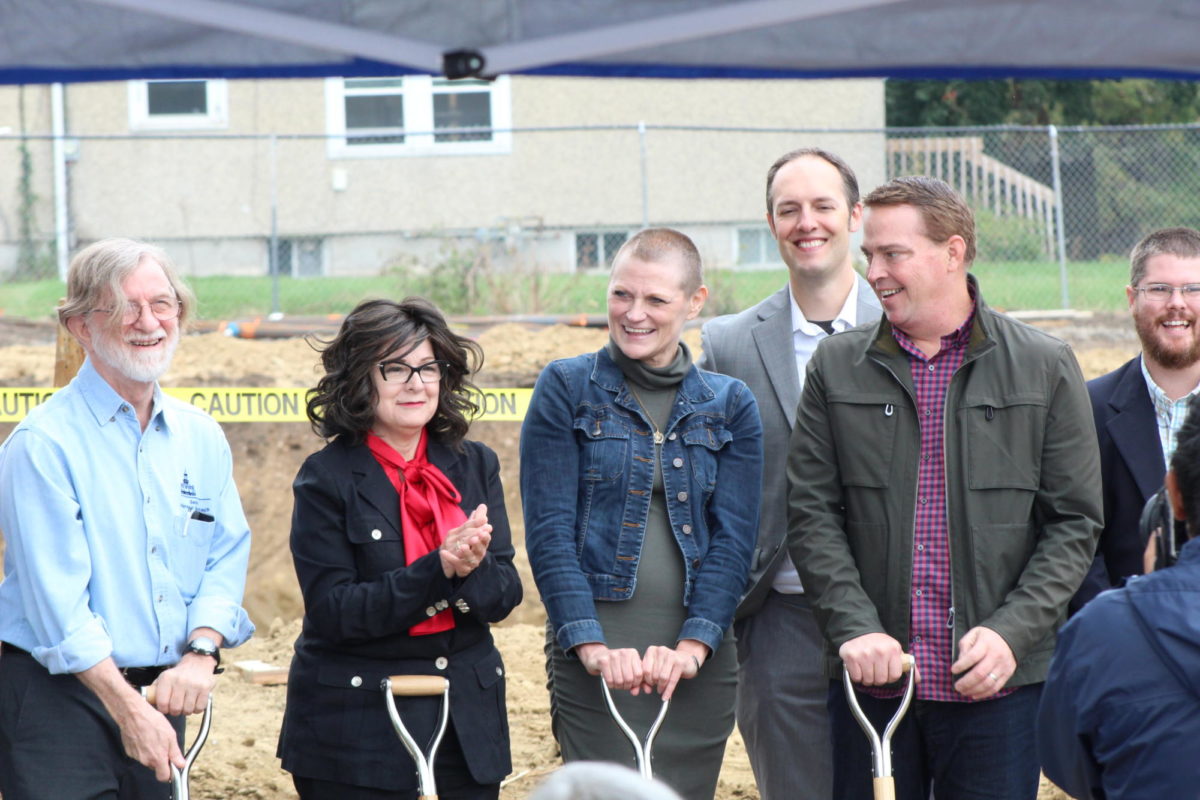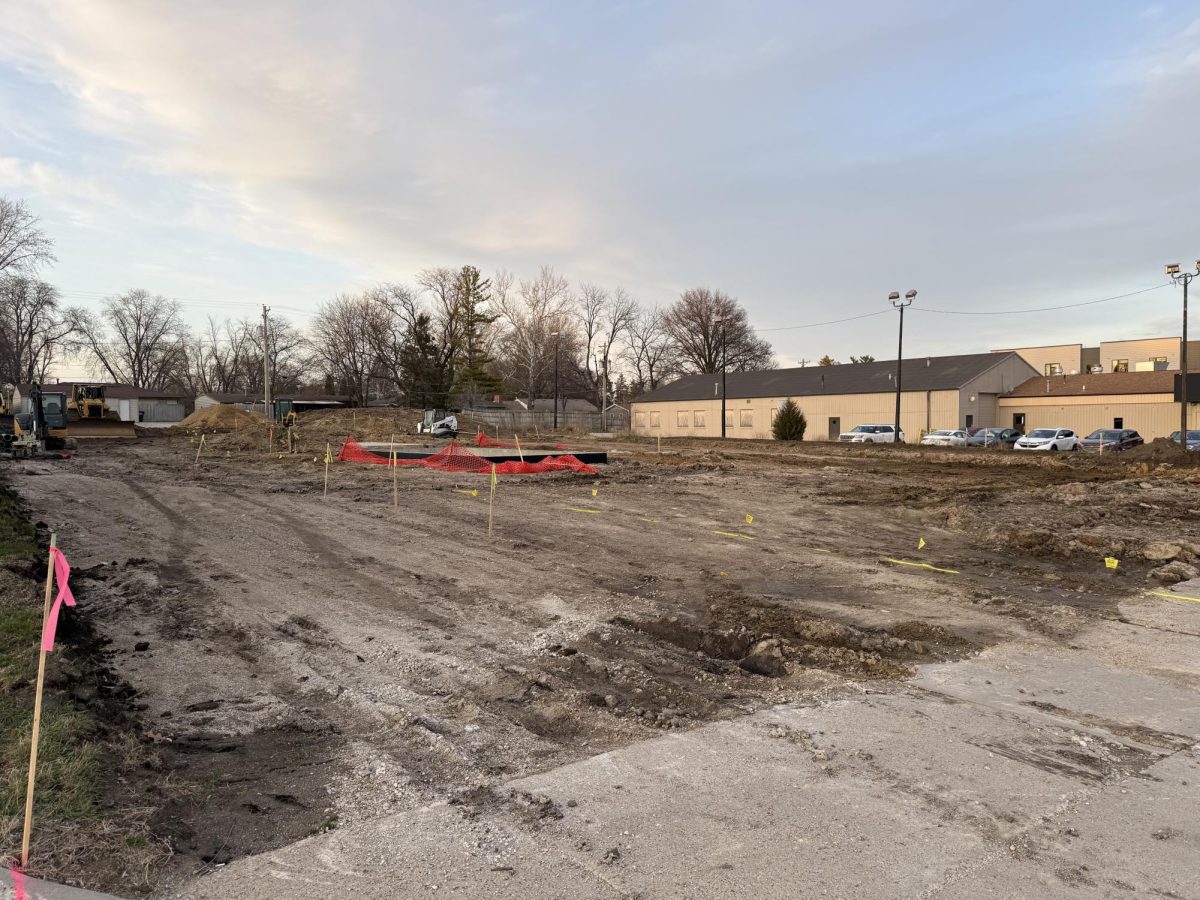Panelists discuss recent Supreme Court Rulings
September 9, 2015
A panel hosted on Iowa State’s campus Wednesday discussed the Supreme Court’s recent rulings in gay marriage, Obamacare, free speech and more.
The panel featured Mark Kende, Rita Bettis, and Dirk Deam, and was moderated by Clark Wolf. The different topics discussed included lethal injections and same-sex marriage.
Kende started the conversation by talking about the Affordable Care Act, otherwise known as Obamacare. Kende brought up the point that the main purpose of the law is to provide healthcare to millions of people currently without it, and that so far, it is working.
“I really think that Obamacare has survived, whether for good or for bad, based on your own opinion,” said Kende, the Drake Constitutional Law Center director.
Bettis continued the discussion by talking about lethal injection. Bettis stated that the Supreme Court approved that lethal injection, when the “three drug protocol” is followed and executed correctly, is legal.
The first drug is used to render the recipient of the death penalty to not feel pain. The second drug administered is used to paralyze the person. The third drug is actually used to stop the heart and has been explained to be extremely painful.
Dirk Deam wrapped up the discussion by talking about the Supreme Court’s recent decision to legalize same-sex marriage.
The decision was made because, according to the four main principles that pertain to the law of marriage, same-sex marriage has to be recognized.
“If same-sex marriage has the same objectives and is consistent with this, then we have to recognize same-sex marriage under the law,” Deam said referring to the Supreme Court’s decision.
Mediator Clark Wolf, professor of philosophy and law and Iowa State, helped enrich the discussion by asking the panelists questions to further their initial thoughts.
“I read [the cases] carefully and I’ve been thinking about these issues for my whole professional life, so I just find there are some interesting things about these cases. For each case there are certain things I’d like to bring out. One of the things we need to discuss is the political background as well,” said Wolf, who is the creator of the now four-year old panel discussion.
After the panel’s initial discussion was over, the floor was opened up for audience members to ask questions.
The questions that were asked challenged the panelists to dive deeper into the different topics that were discussed throughout the evening.






